The Impact of Clash of Clans on Mobile Strategy Gaming: Examine How Clash of Clans Has Shaped the Strategy Genre on Mobile Platforms
- Oct 19, 2024
- 193
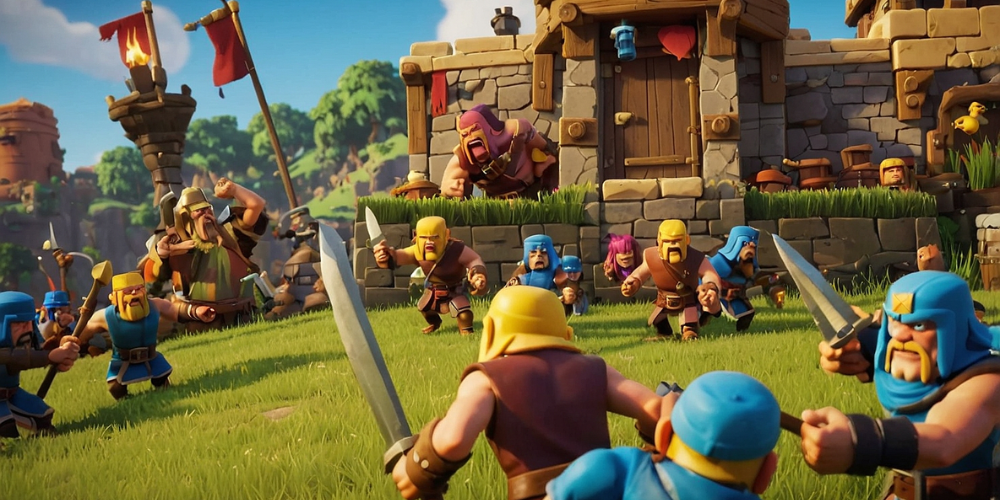
As a gaming enthusiast, my journey into mobile strategy games began with one iconic title: Clash of Clans. Released by Supercell in 2012, it didn’t just capture my attention; it revolutionized the genre completely. The allure of building my own village, training troops, and engaging in epic battles captivated me almost instantly. At that time, I had never encountered a mobile game that combined real-time strategy with the social aspects of online gameplay in such an engaging way.
Game Mechanics That Redefined Mobile Strategy
One of the first aspects that struck me was the evocative combination of base-building and resource management. Unlike traditional strategy games that often relied on a singular focus, Clash of Clans incorporated both these elements seamlessly. As I dug deeper into the game, I realized that the careful balancing of offense and defense was critical. I began to appreciate the nuances of troop placement and the strategic defenses I could build to protect my hard-earned resources.
The Social Aspect
What truly set Clash of Clans apart was its emphasis on community. The clan system allowed players to band together, share resources, and engage in collaborative wars. As I joined a clan, I experienced firsthand the thrill of teamwork. This social interaction fostered a sense of camaraderie that enriched the gameplay experience. I soon found that chatting with my clanmates about strategy, planning attacks together, and even competing in Clan Wars added layers of complexity to the game.
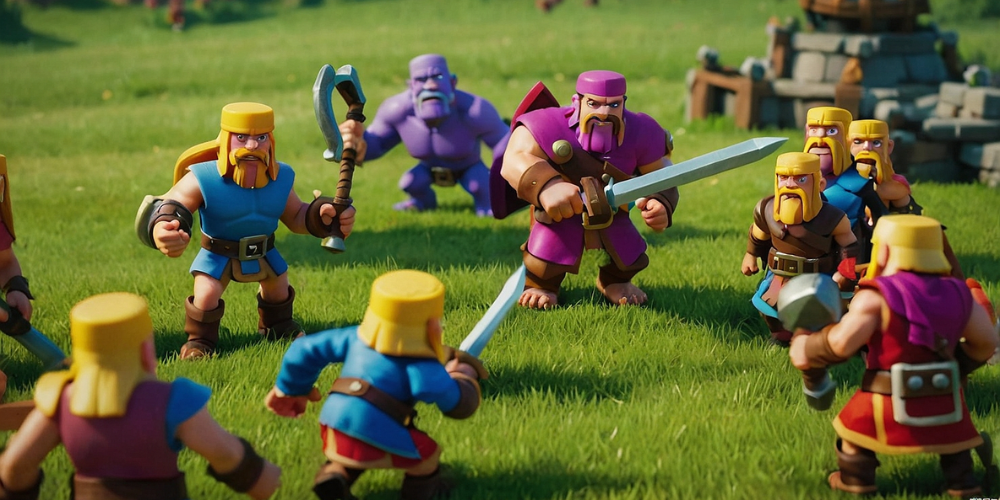
Adapting and Innovating Game Design
The success of Clash of Clans inspired countless mobile developers to reassess their strategies. Observing its blend of strategy and social gameplay made me realize just how valuable community engagement could be in mobile games. Many others followed suit, incorporating similar mechanics, but none quite matched the level of polish that Supercell provided.
The Role of Freemium Models
Another significant influence of Clash of Clans was the introduction and popularization of the freemium game model in mobile strategy. At first, I was skeptical about spending real money on in-game currency. However, the game’s design encouraged me to invest small amounts to speed up upgrades. This prompted a broader acceptance of microtransactions across the mobile gaming landscape. Observing how other games adopted this model, it became clear that Clash of Clans laid the groundwork for monetization strategies that players have come to expect.
The Appeal of War Mechanics
Clash of Clans also redefined how war mechanics were integrated into mobile games. The Clan Wars feature was revolutionary, allowing clans to engage in organized battles. Participating in these wars gave me a sense of purpose, and strategizing attacks with my clanmates became a favorite pastime. This mechanic encouraged a higher level of player engagement and attracted those who loved competitive gameplay, paving the way for others to explore similar models.
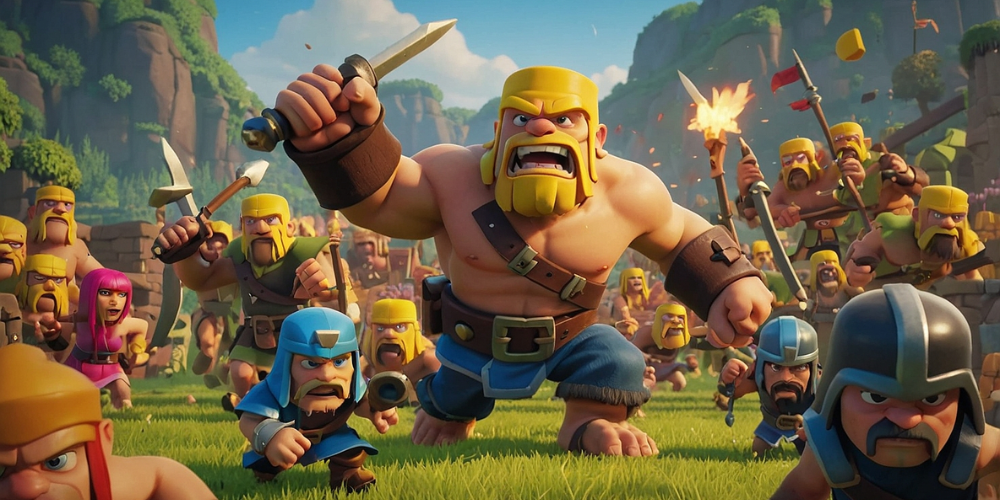
Visual Appeal and User Interface
Clash of Clans is known for its charming graphics and approachable user interface. I was instantly drawn to the colorful, cartoonish art style that differentiated it from many darker-themed strategy games. This aesthetic appealed to a broader audience and made the game accessible to those who might not be deep strategy fans. Over time, many mobile strategy titles adopted similar vibrant designs to attract casual gamers.
Community and Content Creation
The community created around Clash of Clans has also been remarkable and instrumental in its influence. As I immersed myself in the game, I discovered countless forums, YouTube channels, and Twitch streams dedicated to discussing strategies, base designs, and attack tactics. The creation of content by fans not only enriched the game’s ecosystem but also served as a source of inspiration for other developers looking to tap into community involvement.
Evolution of Clan Features
The introduction of Clan Games and Clan War Leagues further enhanced the feeling of progression and competition within the game. I fondly remember participating in these events, striving to contribute to my clan's success with unique challenges. This feature has led other strategy games to reconsider how to incorporate ongoing competitions and rewards into their gameplay loops.
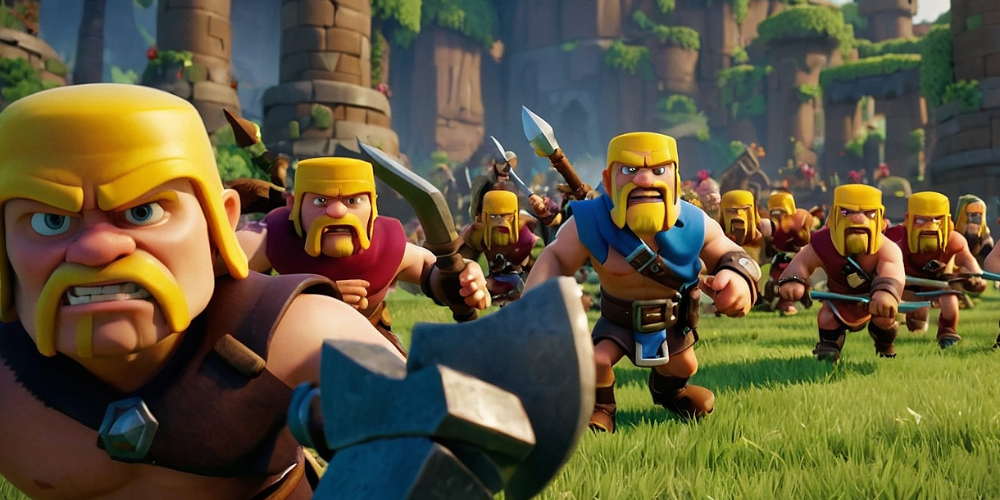
Cross-Platform Play
The mobile-first design of Clash of Clans did not stop it from embracing cross-platform play. Interestingly, I often found friends who played on different devices, and interactions among them contributed to its growth. This marked a turning point for developers to explore cross-platform functionalities, enabling gamers from various systems to join forces and collaborate on strategies.
Campaign Mode and Single-Player Content
Aside from multiplayer engagements, I appreciated the single-player campaigns that Clash of Clans offered. They provided a structured way for players to learn the mechanics and tactics before jumping into multiplayer battles. The campaign mode became a blueprint for future games, underscoring the importance of providing a scaffolded learning experience for new players.
Long-Term Player Engagement
Clash of Clans has also excelled in retaining its player base long-term. I remember how the regular updates, introducing new troops, defenses, and events, kept the experience fresh and exciting. This logic has influenced how mobile strategy games design their content pipelines to ensure they can sustain interest over extended periods.
The Cultural Impact of Clash of Clans
Beyond mechanics, Clash of Clans created a cultural phenomenon. As a player, I saw its reference in memes, commercials, and even in conversations outside the gaming realm. The game's branding became extensive, and it successfully managed to enter popular culture. This phenomenon encouraged game developers to think beyond the digital space, considering how to make their games resonate with a wider audience.
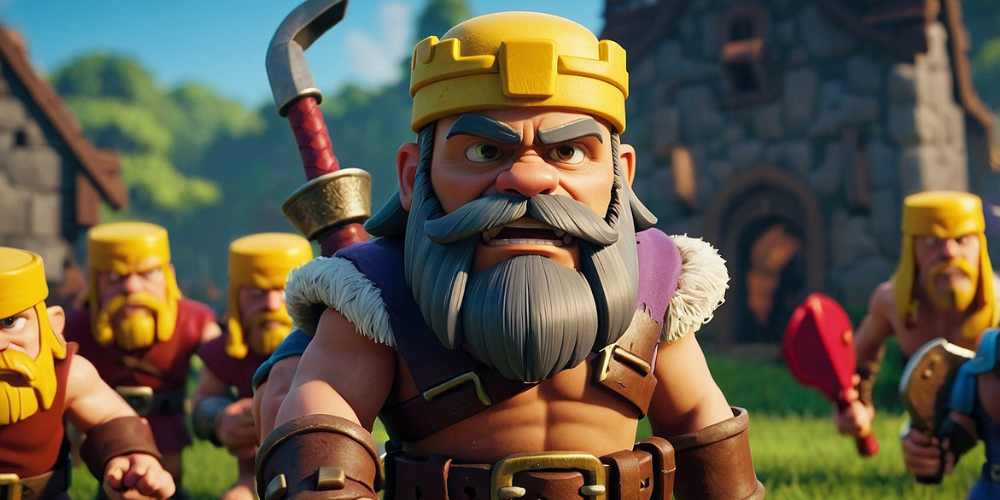
Inspiring a New Generation of Games
As I navigated through various mobile strategy titles after Clash of Clans, it was hard not to notice its shadow looming over many new releases. Many game developers borrowed heavily from its gameplay mechanics, attempting to replicate its success. The rise of titles like Boom Beach and Clash Royale showcased how Clash of Clans had paved the way for strategic innovation within mobile gaming, emphasizing the importance of social dynamics and engaging player interaction.
The Future of Mobile Strategy Games
Looking ahead, I believe that the influence of Clash of Clans on mobile strategy games is not nearing its end. Its blend of social interaction, engaging game loops, and vibrant aesthetics have set a high standard. The lessons learned from its success will undoubtedly shape future titles. As I reflect on my experiences, I am excited about the potential for new games to emerge, influenced by this age-old classic, pushing the boundaries of what mobile strategy can offer.
The Lasting Legacy of Clash of Clans
Ultimately, Clash of Clans stands as more than just a popular game for me; it’s a landmark that reshaped the mobile gaming landscape. The experience it provided and the changes it sparked among developers set standards that persist to this day. I eagerly anticipate where mobile strategy games will evolve from here, knowing they will continue to draw inspiration from this groundbreaking title.